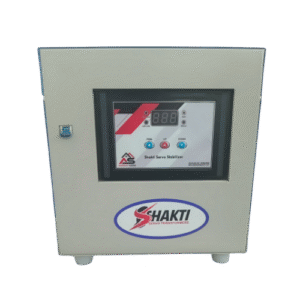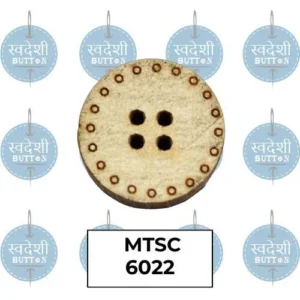Kosher Certification: A Symbol of Trust and Quality

Kosher Certification
Kosher Certification is more than a religious stamp—it’s a mark of quality, purity, and trust that resonates with millions of consumers around the world. Derived from the Hebrew word “kashér” meaning “fit” or “proper,” kosher refers to foods that meet strict Jewish dietary laws. These rules, outlined in religious texts, govern everything from the type of animals that can be eaten to how they are slaughtered, processed, and served. For a food item to be considered kosher, it must adhere to specific guidelines, including the prohibition of certain ingredients like pork or shellfish, proper separation of meat and dairy, and the use of clean, uncontaminated equipment during production.
In modern times, kosher certification has taken on a much broader role, extending beyond religious communities. Today, kosher-certified products are consumed by people from various backgrounds who associate the certification with high food safety standards, clean production processes, and transparency in labeling. For food manufacturers and brands, obtaining kosher certification has become an essential strategy to build credibility and expand their reach.
What Is Involved in Kosher Certification?
Kosher certification is a formal process conducted by a trusted kosher certification agency. These agencies examine a company’s ingredients, equipment, facilities, and procedures to ensure everything complies with kosher laws. Once a product or facility is approved, the company is granted permission to display the agency’s kosher symbol on its packaging—an easily recognized mark for consumers seeking kosher options. Popular symbols include “OU,” “OK,” “Star-K,” and others, each representing a specific certifying body.
The certification process typically begins with an application. The business submits details about their ingredients, sourcing, and manufacturing practices. Then, a rabbi or kosher inspector visits the production site to evaluate how the items are processed and stored. If any changes are needed—such as replacing a non-kosher ingredient, ensuring separate lines for meat and dairy, or thoroughly cleaning equipment—they must be completed before certification is granted. After approval, ongoing inspections ensure continued compliance, making kosher certification a dynamic, long-term commitment to quality and integrity.
Why Businesses Choose Kosher Certification
Businesses pursue kosher certification for several practical reasons, many of which extend beyond religious requirements. One of the biggest advantages is market expansion. There are millions of kosher consumers around the world, including practicing Jews, Muslims, vegetarians, and health-conscious individuals. Kosher-certified products are often perceived as cleaner, more carefully inspected, and safer to consume, making them appealing to a wide customer base.
Kosher laws also promote meticulous handling and preparation, which naturally aligns with global food safety standards. By following kosher guidelines, companies can improve their internal operations, reduce contamination risks, and enhance the overall cleanliness of their production facilities. This leads to higher product quality and builds consumer trust. In an age where transparency in food sourcing and labeling matters more than ever, the kosher symbol becomes a valuable asset for brand identity and credibility.
Moreover, kosher certification can open doors to retail chains and international markets that require it. Some supermarkets and exporters prefer or even demand kosher-certified products as part of their sourcing criteria. This makes certification a powerful tool for increasing distribution and reaching new business opportunities.
Clearing Up Common Misconceptions
Despite its growing popularity, kosher certification is still surrounded by a few myths. One common misconception is that kosher food is “blessed by a rabbi.” In reality, kosher certification is not about blessings—it’s about process control, ingredient sourcing, and compliance with specific dietary laws. Rabbis and kosher supervisors inspect and approve food production methods but do not bless the food itself.
Another myth is that only Jewish consumers care about kosher labels. In truth, many non-Jewish individuals actively seek out kosher-certified foods due to health, dietary, or ethical preferences. Some believe kosher foods are more carefully produced, while others with allergies or specific dietary restrictions feel more confident choosing certified products.
Finally, some small businesses worry that kosher certification is too expensive or complicated. However, costs vary depending on the size and scope of operations, and many certification agencies work with small and medium-sized businesses to make the process affordable and manageable. With the right support, even startups and niche brands can achieve certification and benefit from the added value it brings.
Conclusion
Kosher certification is no longer just about meeting religious requirements—it has evolved into a symbol of trust, transparency, and food quality. For consumers, it offers reassurance that products meet high standards in terms of sourcing, hygiene, and production. For businesses, it’s a gateway to new markets, stronger brand recognition, and greater consumer loyalty.
Whether you’re a food producer looking to expand your reach or a shopper seeking clean, well-prepared food, kosher certification is a powerful tool in today’s global marketplace. As demand for certified products continues to grow, understanding and embracing kosher standards can help both brands and buyers make more informed and confident choices.
Read Also – Understanding Kosher Certification in Chennai: A Guide for Food Businesses



